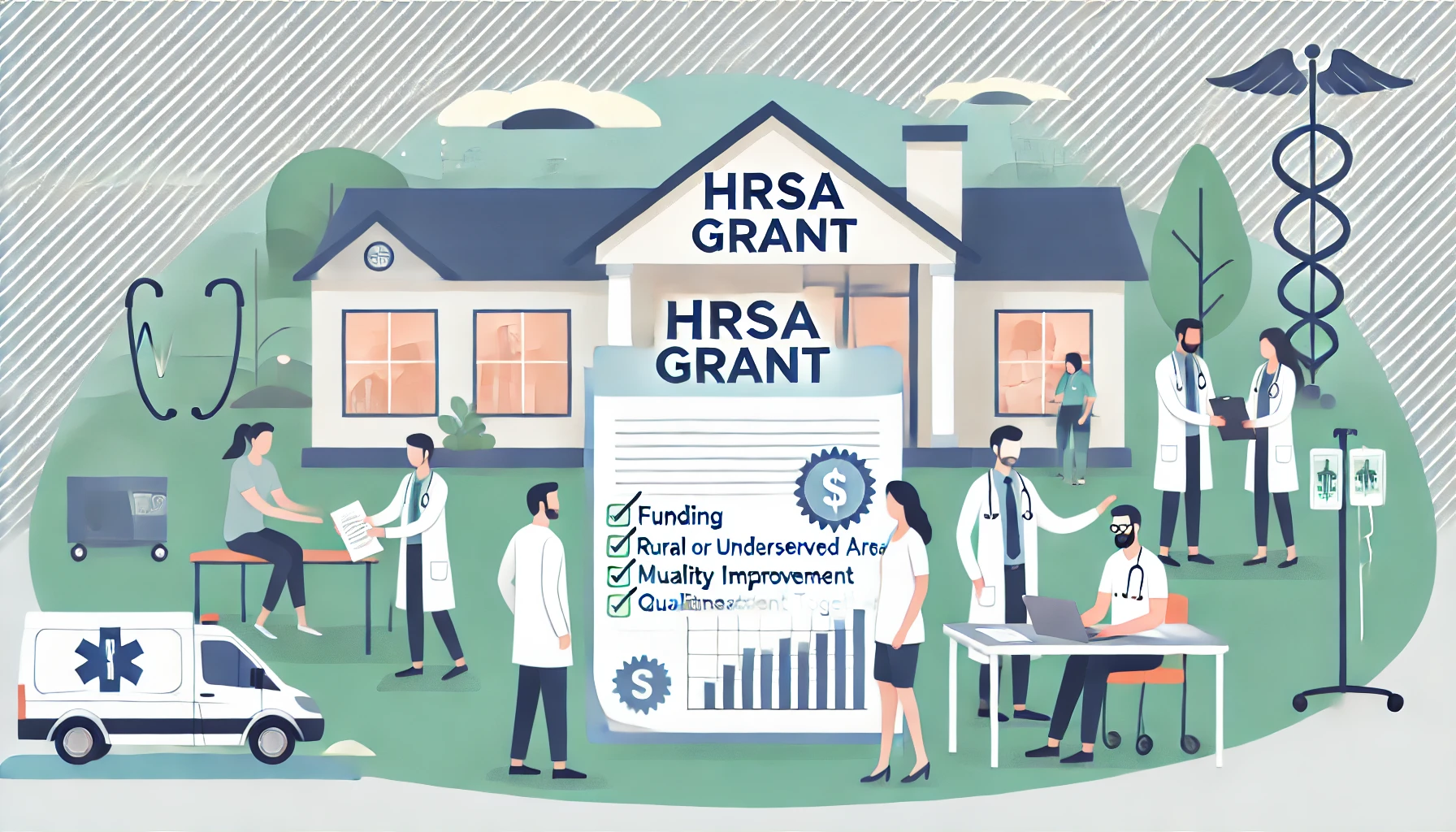
Table of Contents

Sutter Health & GE HealthCare partner to integrate AI in medical imaging, aiming to enhance diagnostic accuracy, workflow efficiency, and patient care.
Sutter Health & GE HealthCare partner to integrate AI in medical imaging, aiming to enhance diagnostic accuracy, workflow efficiency, and patient care.
AI and Medical Imaging: Sutter Health and GE HealthCare's Innovative Partnership
In an era of rapid technological advancement, healthcare continues to explore groundbreaking solutions that promise to revolutionize patient care. The recent collaboration between Sutter Health and GE HealthCare represents a significant leap forward in leveraging artificial intelligence (AI) to transform medical imaging services.
The Promise of AI in Medical Imaging
At the core of this partnership lies a powerful vision: to enhance diagnostic accuracy, streamline workflows, and ultimately improve patient outcomes through cutting-edge technology. The collaboration aims to integrate AI-powered imaging services across Sutter Health's extensive network, signaling a potential paradigm shift in how medical imaging is approached.
Key Partnership Objectives
- Advanced Diagnostic Tools: Implementing AI algorithms to support more precise medical image interpretation
- Workflow Optimization: Reducing administrative burden and increasing efficiency for healthcare providers
- Enhanced Patient Care: Leveraging technology to improve diagnostic accuracy and speed
The Role of Independent Peer Review
While AI presents incredible potential, it's crucial to maintain rigorous validation processes. At Medplace, we understand that independent peer review remains a critical component in ensuring the reliability and effectiveness of new medical technologies. External review can help:
- Validate AI algorithm performance
- Identify potential bias or limitations
- Ensure patient safety through comprehensive assessment
Potential Challenges and Considerations
Despite the excitement surrounding AI in medical imaging, several important questions emerge:
- How will AI algorithms be trained and validated?
- What safeguards exist to prevent potential diagnostic errors?
- Can AI truly complement human clinical expertise?
Technology Integration and Implementation
The partnership between Sutter Health and GE HealthCare demonstrates a strategic approach to technology integration. By combining GE HealthCare's AI expertise with Sutter Health's extensive clinical network, they aim to create a robust ecosystem for advanced medical imaging.
"Our goal is to leverage AI not as a replacement for human expertise, but as a powerful tool to augment and support clinical decision-making," said a representative from the partnership.
Potential Impact on Patient Safety
From a patient safety perspective, AI-powered imaging services could potentially:
- Detect subtle abnormalities that might be missed in traditional screenings
- Reduce diagnostic turnaround times
- Provide more consistent image interpretation across different healthcare settings
Looking Forward: The Future of AI in Healthcare
While this partnership represents an exciting development, it's essential to maintain a balanced perspective. AI is a tool—powerful, but not infallible. Continuous evaluation, transparent reporting, and robust peer review processes will be crucial in realizing its full potential.
Medplace's Perspective
As a platform connecting healthcare providers across 132 specialties, Medplace recognizes the transformative potential of technologies like AI. Our commitment to facilitating independent, thorough medical reviews aligns perfectly with the need for rigorous validation in emerging healthcare technologies.
Conclusion
The Sutter Health and GE HealthCare collaboration offers a glimpse into a future where AI and human expertise work synergistically. As we navigate this exciting technological landscape, maintaining a focus on patient safety, clinical accuracy, and continuous improvement will be paramount.
Original Article Source: LabPulse - Sutter Health GE Healthcare Collaborate on AI-Powered Imaging Services

Unlocking Funding: A Guide to Health Resources and Services Administration (HRSA) Grants
Use HRSA grants to fund external peer review programs that enhance care quality, reduce bias, and support compliance in health centers.
.png)
.png)

Understanding Critical Access Hospitals: Definition, Criteria, Requirements, and Medicare Designation
A brief summary of CAH requirements and Medicare Designation.
.png)
.png)

Strategies to Improve the Quality of Care and Patient Safety
Healthcare orgs improve care quality through structured programs, with external peer review adding objectivity, expertise, and efficiency to the quality ecosystem.
.png)
.png)



.png)
.png)
.png)






.png)